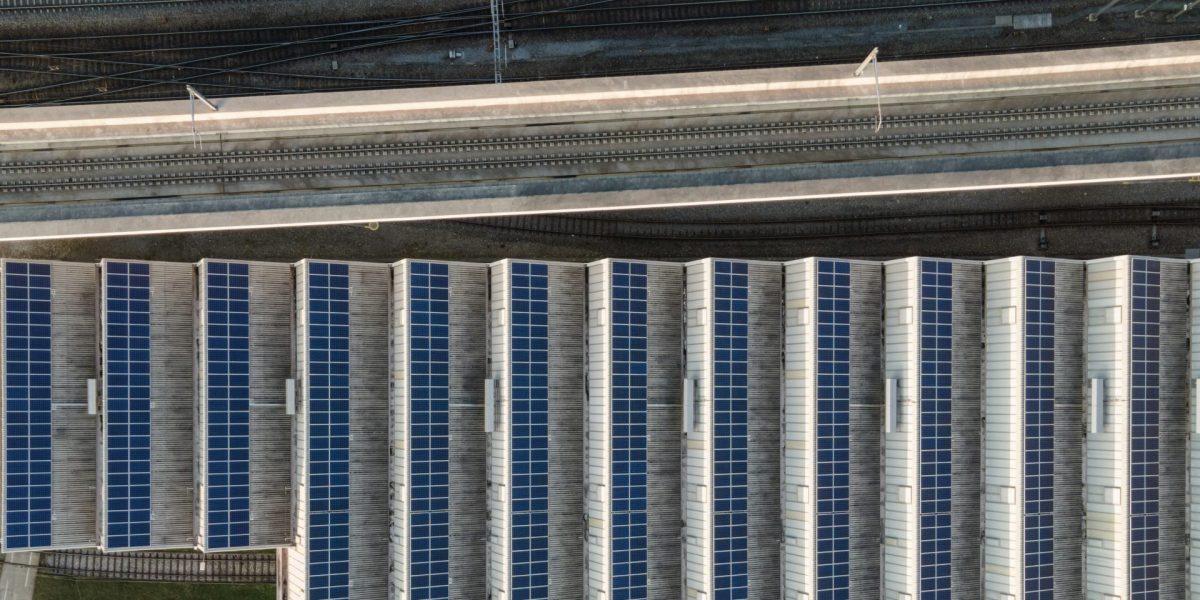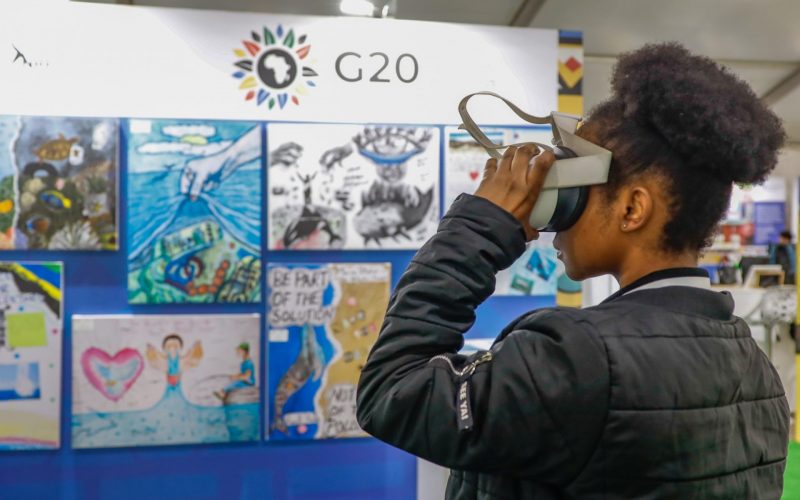Introduction
Climate-induced disasters are increasingly putting strain on the finances of middle- to low-income countries. Growing vulnerability to climate change, coupled with high rates of poverty and low levels of development, exacerbates this financial strain, further deepening the debt burden of many developing countries worldwide. While it is predicted that BRICS could make up 50% of the global economy by 2040, South Africa and Brazil are still highly reliant on external climate financing to meet their development goals and achieve their Nationally Determined Contributions (NDCs).1Monique Vanek, “Growing BRICS Alliance to Rival G-7- Led World Order,” Bloomberg, August 21, 2023. With both South Africa and Brazil aiming to become carbon neutral by 2050, the need to secure sustainable climate finance is becoming increasingly urgent. South Africa’s high reliance on coal has resulted in major climate financing deals, such as the $8.5 billion Just Transition Package, announced at COP26 in 2021.2The International Partners Group includes United Kingdom, Germany, France, the European Union, Denmark and the Netherlands. Spain, Switzerland and Canada made additional pledges that brought the overall figure to $12.8 billion.
The US withdrew from the International Partners Group in 2025. Subsequent to the initial Just Energy Transition Partnership deal, the value of pledges has risen to $12.8 billion.3Foreign, Commonwealth & Development Office (FCOD, United Kingdom), “Just Energy Press Release Share Template,” Press Release, March 19, 2025. Brazil has also received significant climate finance support, being the top recipient of multilateral climate finance in Latin America between 2003 and 2023.4Charlene Watson, Liane Schalatek, and Aurélien Evéquoz, “Climate Finance Regional Briefing: Latin America” (Climate Funds update, ODI and Heinrich Böll Foundation, February 2024), 3.
With rapidly growing populations and national development concerns, South Africa and Brazil need to continue securing climate finance while developing efficient national policy instruments to successfully support national green growth and development. In support of this, recent global discussions have centred around the need for global financial architecture reform, making finance more readily accessible and affordable for countries in the Global South.5Institute for Energy Economics and Financial Analysis, “Enhancing access to multilateral climate funds by developing countries: A way forward,” March 2024.
A major focus of the G20 meetings, currently hosted by South Africa, is to lower the cost of capital for developing economies.6Ashraf Patel, “G20 Summit: A Mountain to Climb for Africa,” Institute for Global Dialogue, 26 May 2025. Considering this and the current global geo-political dynamics centred around climate and energy, it is important that both South Africa and Brazil position themselves as important international partners for sustainable development under initiatives such as the Paris Agreement and the 2030 Agenda for Sustainable Development. Through enhanced BRICS collaboration, there is potential for cross-learning between South Africa and Brazil with regard to efficient climate finance planning and procurement, while also developing strong partnerships for collaboration on climate and sustainable development.
In partnership with the South African BRICS Think Tank and the National Institute for the Humanities and Social Sciences, the South African Institute of International Affairs (SAIIA) has initiated a research project entitled ‘BRICS Shaping Economic Cooperation for Green Growth, Development and the Just Transition: Partnership between Brazil and South Africa’.








